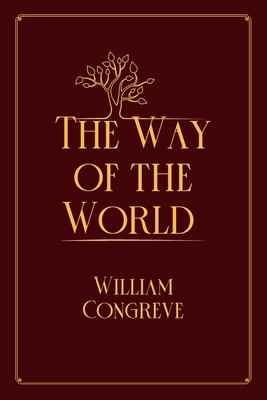All Formats & Editions

The Way of the World
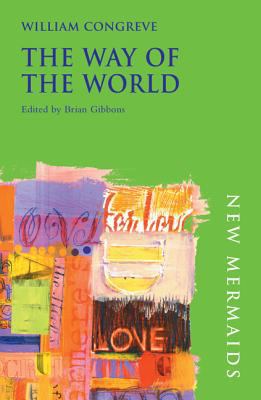
The Way of the World
If seventeenth- and eighteenth-century comedy differ in that the former is about sex (and adultery actually happens) while the latter is about love (and adultery is merely threatened), then Congreve - writing at the turn of the century - occupies a phase of transition. Mirabell...

The Way of the World
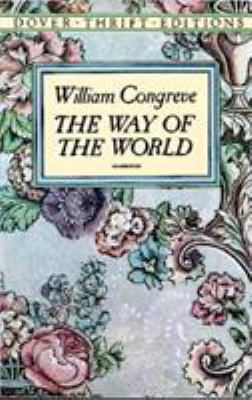
The Way of the World

The Way of the World

The Way of the World

The Way of the World
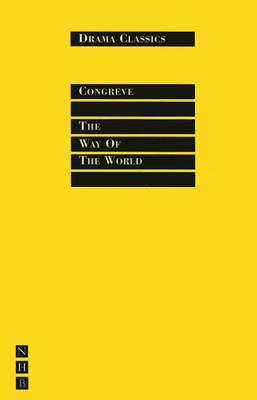
The Way of the World
The quintessential Restoration comedy.
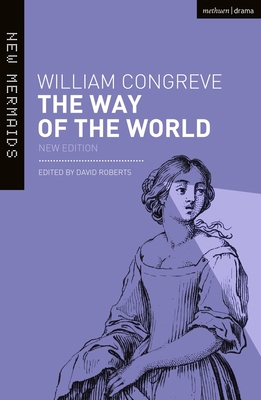
The Way of the World: New Edition
Hero longing for heiress. Obstacles in the way. Marriage eventually secured. It sounds simple. But the lasting appeal of this, one of the most performed and discussed of all Restoration plays, lies in Congreve's sophisticated grasp of plot, back-story, characterization and language...

The Way of the World

The Way of the World (Regents Restoration Drama)
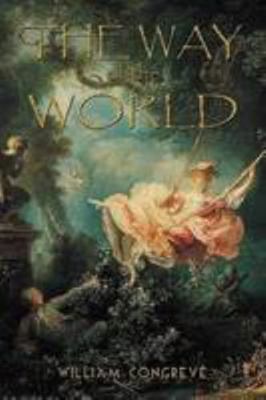
The Way of the World
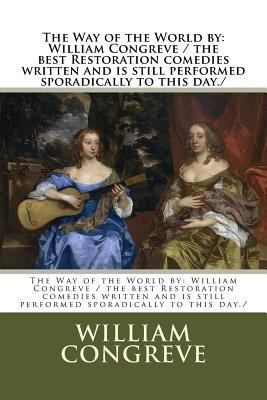
The Way of the World by: William Congreve / the...
The Way of the World is a play premiering in 1700 widely regarded as being one of the best Restoration comedies written and is still performed sporadically to this day. William Congreve William Congreve was born in Bardsey, Yorkshire, England near Leeds.His parents were William...
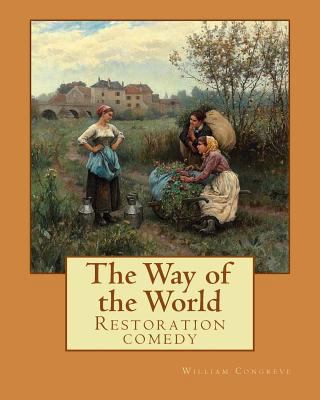
The Way of the World (Restoration comedy) By: W...
The Way of the World is a play written by the English playwright William Congreve. It premiered in early March 1700 in the theatre in Lincoln's Inn Fields in London. It is widely regarded as one of the best Restoration comedies and is still occasionally performed. At the time,...
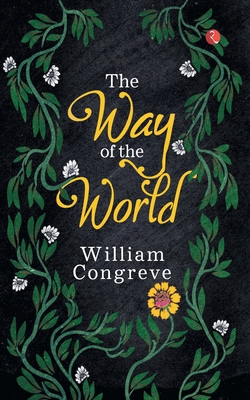
The Way of the World
The Way of the World gives a commentary on the absurd nature of the lives of the privileged classes through a satirical and comedic lens. The play is about two lovers, Mirabell and Millamant, who wish to marry each other but not at the cost of losing their inheritance. They...
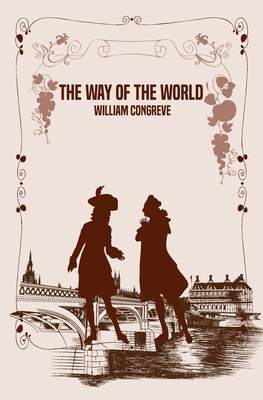
The Way of the World
"The Way of the World" by William Congreve is a quintessential Restoration comedy, renowned for its witty dialogue and intricate plot. Set in the fashionable society of London in the early 18th century, the play is a satirical exploration of love, marriage, and money. Congreve's...

Way of the World (Playscripts)
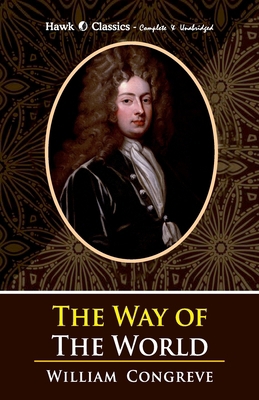
The Way of the World
The Way of the World is centred on the two lovers Mirabell and Millamant. For them to marry and receive Millamant's full dowry, Mirabell must receive the blessing of Millamant's aunt, Lady Wishfort. Unfortunately, Lady Wishfort is a very bitter lady who despises Mirabell and...

The Way of the World. Edited by Kathleen M. Lynch.

The Way Of The World
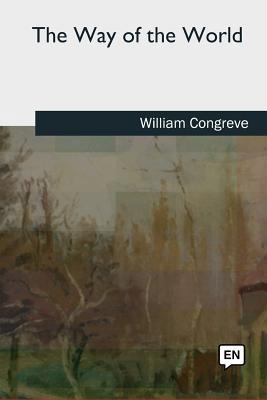
The Way of the World
My Lord, -Whether the world will arraign me of vanity or not, that I have presumed to dedicate this comedy to your lordship, I am yet in doubt; though, it may be, it is some degree of vanity even to doubt of it. One who has at any time had the honour of your lordship's conversation,...
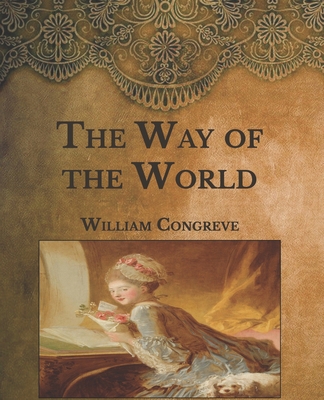
The Way of the World: Large Print

The way of the world; (The Fountainwell drama t...

The Way of the World (Barron's Educational Series)
